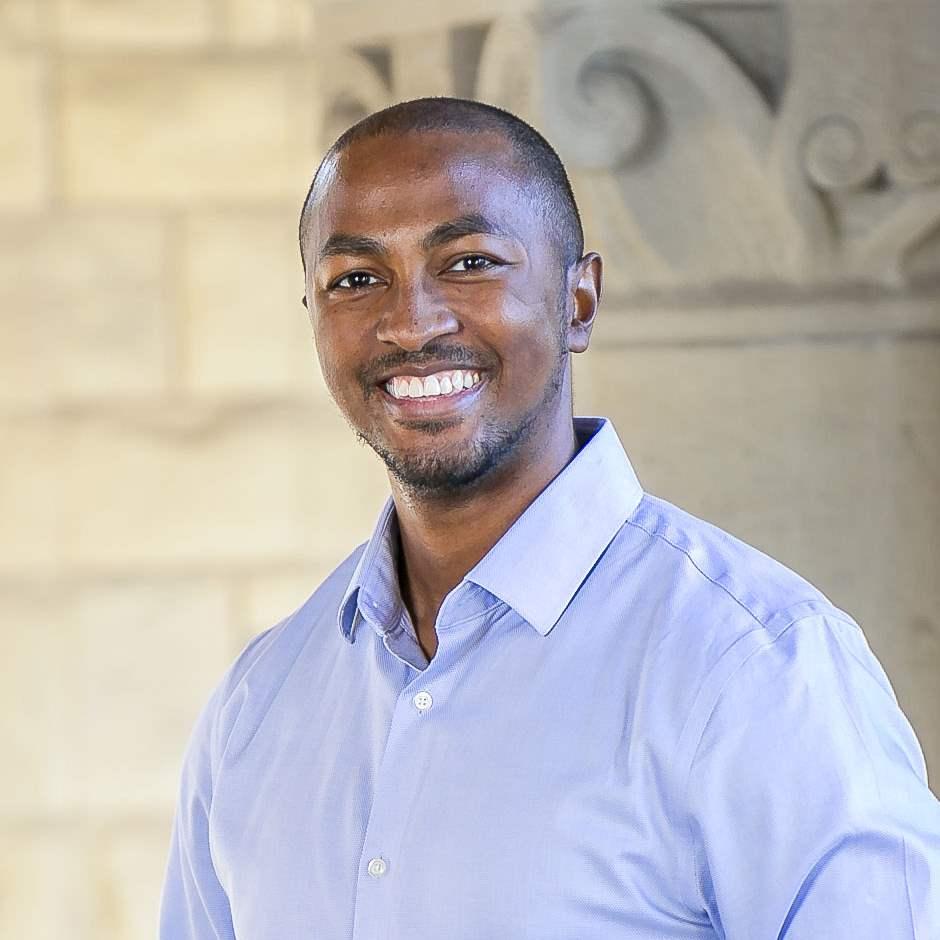Christopher Barnes, Ph.D.

- Title
- Assistant Professor
- Department
- Biology
- Institution
- Stanford University
- Address
-
290 Jane Stanford Way
ChEM-H Rm W021 - City, State, ZIP
- Stanford, CA 94305
- Phone
- 650-724-8903
- [email protected]
- Website
- https://www.thebarneslab.com/

- Research field
- Structural Biology; Immunology
- Award year
- 2023
Research
The Barnes lab investigates neutralizing antibodies that target the SARS-CoV-2 spike viral protein to inform the design of vaccine candidates that elicit broad immune responses to multiple members of the coronavirus family, including SARS-CoV-2 and its known variants. Vaccines against SARS-CoV-2, the virus responsible for COVID-19, were developed with great speed; however, it is unclear whether they will offer strong protection against future variants—or the emergence of closely related viruses found in animal reservoirs. Recently, we discovered human neutralizing antibodies that recognize parts of the viral spike protein that are highly conserved throughout the coronavirus family. These neutralizing antibodies cross-react with all coronaviruses known to infect humans and protected mice against lethal infection from SARS-CoV-2. While this initial study suggests that these antibodies could offer protection against coronavirus infection, it will be important to determine how these antibodies are generated and target native epitopes on the viral spike protein. Now, using cutting-edge methods in immunology, protein engineering, and structural biology, my lab will structurally define the antibodies with the greatest therapeutic potential to optimize their interactions with spike viral proteins across diverse coronavirus strains. Using this structural information we will engineer new vaccine candidates, which will be tested in mouse and human organoid models to establish the most effective vaccination strategies for inducing broadly protective immune responses against coronavirus infection. Collectively, our work could lead to the generation of new vaccines to combat the spread of SARS-CoV-2 variants or coronaviruses with the potential to cause future pandemics.
Scholar Keywords
2023 Search Pew Scholars
- Aaron Whiteley, Ph.D.
- Amanda Lea, Ph.D.
- Ambre Bertholet, Ph.D.
- Christine Grienberger, Ph.D.
- Christopher Barnes, Ph.D.
- Christopher Smillie, Ph.D.
- Chrysothemis Brown, MBBS, Ph.D.
- Danielle Grotjahn, Ph.D.
- Helen Vuong, Ph.D.
- James Gardner, M.D., Ph.D.
- John Brooks, Ph.D.
- Josefina del Mármol, Ph.D.
- Kara Marshall, Ph.D.
- Keren Hilgendorf, Ph.D.
- Lillian Cohn, Ph.D.
- Mijo Simunovic, Ph.D.
- Quinton Smith, Ph.D.
- Siniša Hrvatin, Ph.D.
- Steven Banik, Ph.D.
- Tony Tsai, M.D., Ph.D.
- Wenhan Zhu, Ph.D.
- Yuuki Obata, Ph.D.